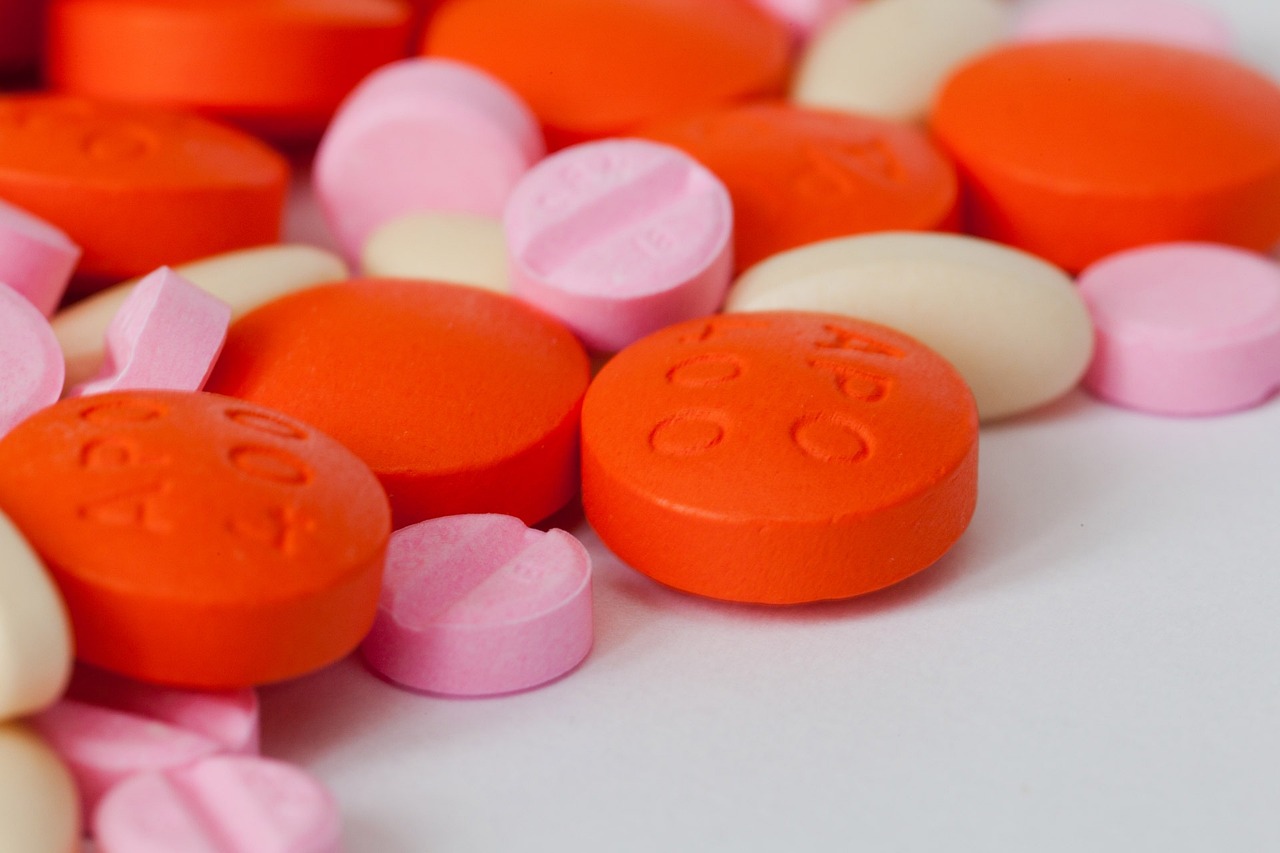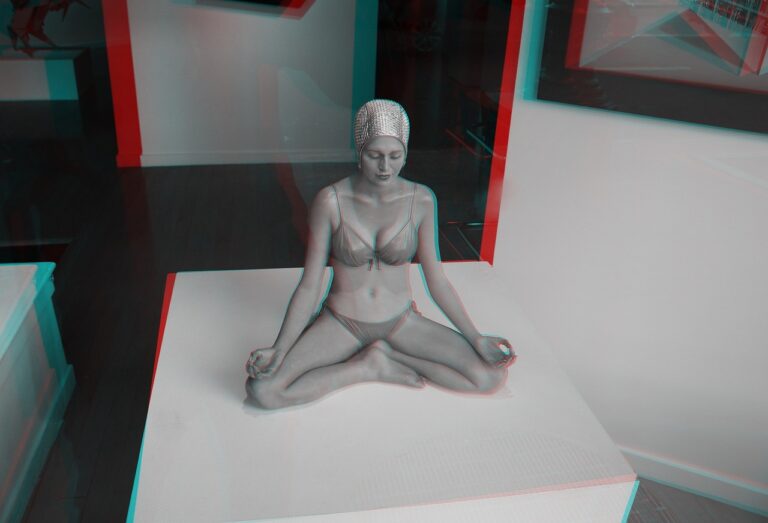The Impact of Social Media on Body Image and Eating Disorders
Social media platforms have become prominent spaces where individuals are bombarded with curated images of seemingly flawless bodies, often leading to comparison and self-criticism. The prevalence of unrealistic beauty standards, perpetuated by influencers and celebrities, can instill feelings of inadequacy among users, fueling negative body image perceptions. These meticulously crafted portrayals of perfection often set an unattainable benchmark, leaving many feeling discontent with their own appearances.
Moreover, the nature of social media, with its emphasis on likes, comments, and followers, promotes a culture where physical appearance is highly valued and constantly scrutinized. This continuous evaluation of one’s body and the urge to seek approval through online validation can cultivate a toxic environment that exacerbates insecurities and contributes to the development of negative body image. As users scroll through feeds filled with filtered and edited images, the pressure to conform to unrealistic ideals can amplify feelings of dissatisfaction with one’s own body image.
The portrayal of unrealistic beauty standards on social media
Social media has become a hotbed for promoting idealized standards of beauty that are often unattainable for the average person. Scrolling through platforms like Instagram and TikTok, users are bombarded with images of flawless skin, perfectly contoured bodies, and surgically enhanced features, creating a distorted perception of what is considered beautiful.
The pressure to conform to these unrealistic beauty standards can take a toll on individuals’ self-esteem and mental well-being. Constant exposure to carefully curated images of influencers and celebrities can lead to feelings of inadequacy and a negative body image. This can fuel a cycle of comparison and self-criticism, eroding self-confidence and contributing to issues like anxiety, depression, and unhealthy behaviors.
The influence of social media on the development of eating disorders
Social media platforms play a significant role in shaping societal norms and beauty standards. Users are bombarded with carefully curated images of individuals showcasing their seemingly flawless bodies and lifestyles. These portrayals create an unrealistic standard of beauty that can lead to feelings of inadequacy and dissatisfaction with one’s own body.
The constant exposure to these idealized images on social media can contribute to the development of eating disorders. The pressure to conform to these unrealistic beauty standards can result in individuals resorting to extreme measures to achieve the perceived perfection portrayed online. This can lead to unhealthy relationships with food, excessive exercising, and a distorted body image that can spiral into the onset of eating disorders.
• The constant exposure to unrealistic beauty standards on social media can lead to feelings of inadequacy and dissatisfaction with one’s body.
• Individuals may resort to extreme measures such as unhealthy dieting, excessive exercising, and distorted body image in an attempt to achieve the perceived perfection seen online.
• Social media platforms often promote a narrow definition of beauty that can contribute to the development of eating disorders.
How can social media contribute to negative body image?
Social media platforms often showcase unrealistic beauty standards, leading individuals to compare themselves negatively and develop body image issues.
What are some factors that contribute to the portrayal of unrealistic beauty standards on social media?
Factors such as edited photos, filters, and influencer culture play a role in promoting unrealistic beauty standards on social media platforms.
How does social media influence the development of eating disorders?
Social media can influence individuals to engage in disordered eating behaviors in order to achieve the perceived beauty standards promoted on these platforms.
Can social media have a positive impact on body image and eating behaviors?
While social media can perpetuate negative body image and eating disorders, there are also body-positive movements and recovery communities on these platforms that can have a positive impact on individuals struggling with these issues.







